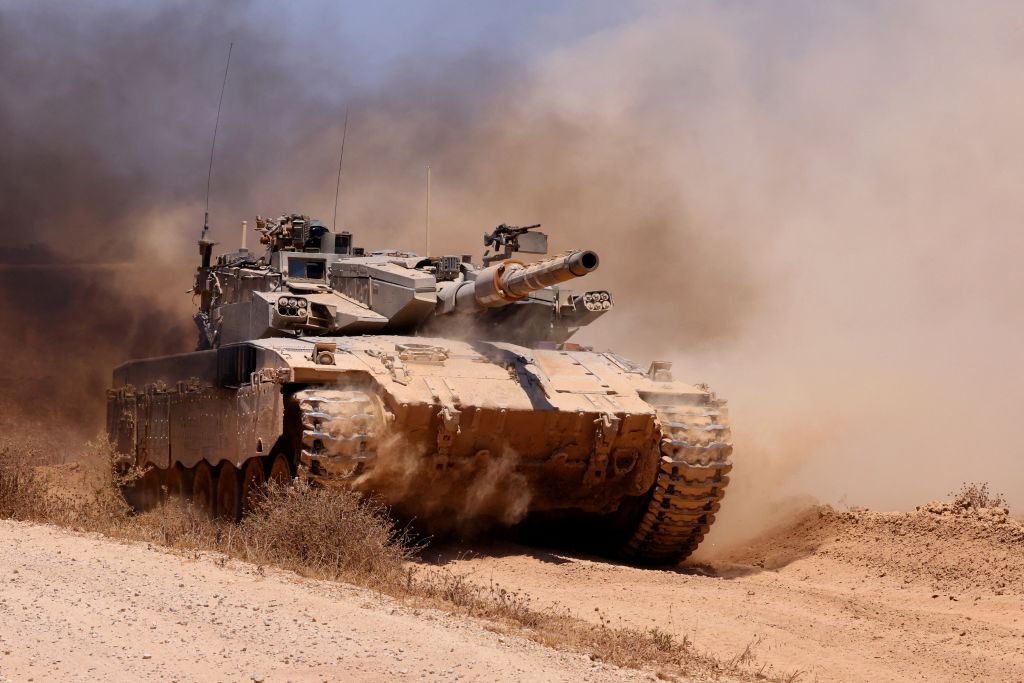The humanitarian crisis in Gaza continues to escalate, with more than 1,000 aid trucks awaiting collection at the Kerem Shalom crossing, according to Israel's Coordination of Government Activities in the Territories (COGAT). Despite ongoing conflict, efforts are being made to ensure that humanitarian aid reaches those in need. Israel has announced a daily 'tactical pause' to facilitate the distribution of aid, specifically along routes in southern Gaza. This pause, effective from 8 a.m. to 7 p.m. local time, seeks to alleviate the bottleneck at the Kerem Shalom crossing.
The tactical pause is part of larger efforts to increase the volume of aid reaching Gaza, which is experiencing severe shortages of essential supplies. Of the five land crossings, only Kerem Shalom and Western Erez are currently open for aid trucks. While this measure allows aid to move from the Kerem Shalom crossing to various locations, intense fighting continues, particularly in Rafah. The Israel Defense Forces (IDF) report that fighting in Rafah persists, and there has been no change in the ongoing military operations in other parts of Gaza.
Amidst the fighting, two Israeli reservist soldiers were killed in northern Gaza. The incident involved an explosive device in their tank, highlighting the dangers faced by military personnel during this conflict. Additionally, a Gaza Civil Defense official reported heavy fighting in the western neighborhoods of Rafah, resulting in multiple casualties, including family members trapped under rubble.
The situation has drawn international attention, with the United Nations (UN) and various humanitarian organizations urging for more substantial aid efforts. The war between Israel and Hamas has now lasted more than eight months, with devastating consequences for civilians. The UN has warned of famine in Gaza, where 75% of the 2.4 million inhabitants have been displaced. The World Health Organization (WHO) has reported that over 8,000 children under the age of five are being treated for acute malnutrition.
Despite the humanitarian pauses, the fighting continues unabated. Eight Israeli soldiers were killed during operations in Tal Al Sultan, Rafah's northwestern district. This highlights the ongoing challenges and risks in delivering aid amidst active conflict zones. The Israeli army's focus remains on dismantling Hamas' terrorist infrastructure, complicating efforts to achieve a ceasefire and greater humanitarian relief.
- Israel's announcement of a daily tactical pause aims to balance military strategy with humanitarian needs. The coordination with international bodies underscores the complexity of delivering aid in conflict zones. Efforts are being made to navigate and open periodic pathways for humanitarian supplies, although ensuring safety and security remains a challenging task.
- On the ground, the situation remains dire, with reports from Gaza Civil Defense indicating continuous shelling, particularly in the west of Rafah. The humanitarian teams face significant dangers, as evidenced by incidents where they have come under direct fire while attempting to recover bodies and assist survivors.
- The international community continues to monitor the developments closely, advocating for increased humanitarian access and calling for a potential ceasefire. However, diplomatic efforts face significant hurdles, given the ongoing hostilities and differing demands from the involved parties.






